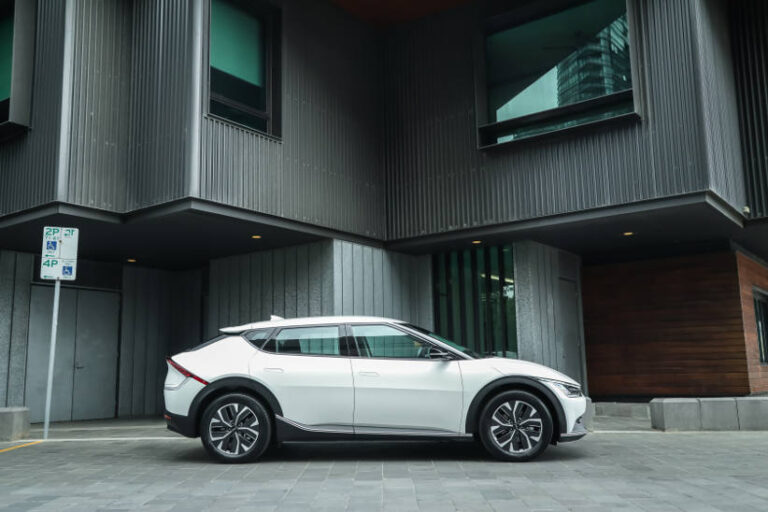Origin Energy’s head of strategy and mobility, Chau Le, tips Australian EV sales will surpass five percent of new vehicle sales in the new year, calling it a tipping point for wider adoption.
“There are a lot of reasons to get excited,” Le said in a webinar on the impact of the federal government’s assent mid-December of a new law exempting plug-in battery and hydrogen electric cars from fringe benefits tax. “We are very close to that five percent magical threshold,” and, “We will definitely crossed this threshold in the new year.”
She said international studies show that five percent is a tipping point, the point at which EV sales go from niche to mainstream. With EV sales striking 4.7 percent of new vehicle sales in November, Australia is tipped to reach that milestone early in 2023, said Le, adding that the Fringe Benefit Tax (FBT) exemption on certain electric vehicles was the fillip.
The new policy makes EVs more affordable by removing the FBT on plug-in EVs below the so-called luxury price tag of $84,916.
Le said a cut to a similar tax in the UK in 2020 had spurred EV sales there and was an indicator of what will happen here.
“A benefit-in-kind tax was removed for EVs in the UK and EV sales in the UK exploded,” she said. Then citing a UK study, she added, “There was a 1,300 percent increase in electric company cars in the 12 months after the benefit-in-kind (BIK) tax was removed for EVs. So massive growth. EVs have grown nearly six-fold since the BIK tax cuts and 78 percent of drivers said that the BIK tax cut was the reason why they went electric and 70 percent of drivers said that they would salary sacrifice an EV if the BIK tax cuts remained available. So fair to say the benefit-in-kind tax cut was a massive success in the UK to drive EV adoption.
“And we expect that the fringe benefit tax exemption for EVs to have the same success here in Australia.”
Jake Whitehead, head of policy at the Electric Vehicle Council, spoke on the same webinar as Le, giving explicit details about the new FBT policy.
Whitehead said the EVC and other industry players had urged the FBT exemption because it really carefully targeted one of the key hurdles to EV adoption: the generally higher upfront cost of an EV compared with an equivalent traditional engined vehicle.
“Where you’ve already got a larger kind of price difference that’s been exacerbated by the tax,” said Whitehead.
“The government’s purpose in bringing about this exemption was really to level the playing field.”
Whitehead said the FBT exemption will cut an estimated $10,000 from the price of a new eligible electric car for a business purchase, and around $5,000 a year from a novated lease.
“So we’re really talking about a very significant benefit,” said Whitehead, adding, “That is exciting for the entire market because it means going into next year we’re going to see a significant uptake in electric vehicles.”
Whitehead also noted that the Electric Car Discount Bill allows for the FBT exemption to apply on new EVs purchased on and after July 1, 2022. Whitehead said those owning EVs before the start date could trade in and help stimulate the second-hand market for EVs.
David Helmy, Head of Sales, eMobility, at Origin, talked about a fleet case study showing initial purchase price, tax, maintenance etcetera to come up with comparative whole-of-life costs. Citing the FBT exemption, Helmy said, “There’s significant savings,” and, “This policy now makes EVs in many instances very competitive compared to traditional vehicles.”
He urged decision makers to be mindful that the new policy as it stands today has an expiry date. The FBT exemption offer relating to plug-in hybrid vehicles expires on April 1, 2025. In addition, the government said it will review the exemption relating to battery electric cars by mid-2027.
“Try to get ahead and start moving now given what’s happening in the market with supply issues and so on, and lead times,” said Helmy. “It is really important to try and make that decision as soon as possible because there is a finite period of time relating to that exemption.”






